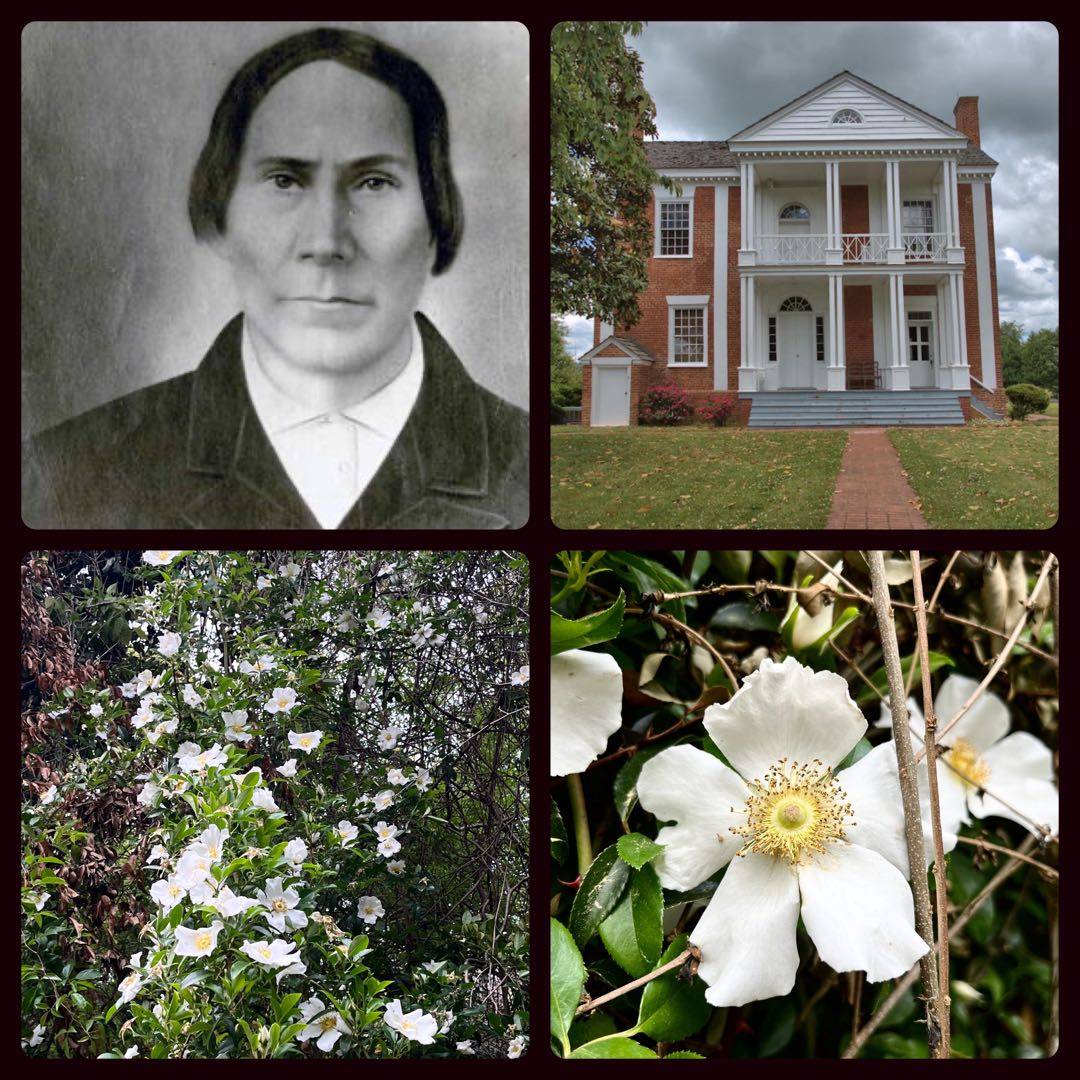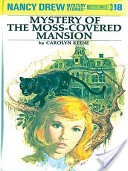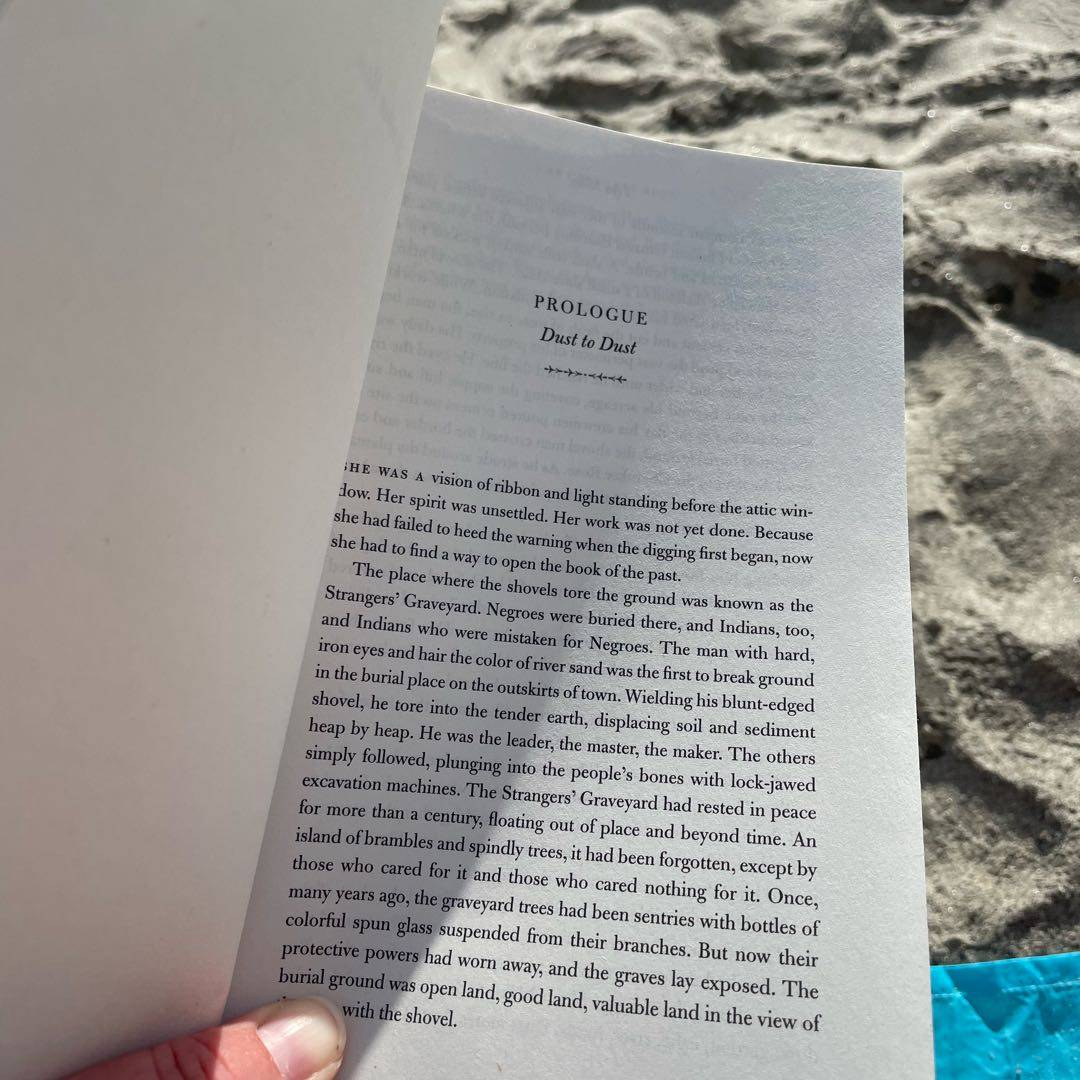
Last year when I pulled over on the side of the road to get a close look at what I now know is Rosa laegivata (Cherokee Rose), I was stunned by its beauty and that day learned the tragic story it came to be named after: the forced removal of the Cherokee peoplx in Georgia by Congress in 1838. Through that search, I found this book and knew I had to read it. This story touched me and brought up questions for my own ancestors—my mother‘s side of⬇️
JenniferEgnor the family is from the very southern part of the state, Valdosta. Growing up, she always said we carried Cherokee and Blackfoot. Looking at my grandmother back then, you could see that though she could pass, her skin was brown. Could there be ties to the plantation which this novel is based on? Did my ancestors enslave Indigenous and Black peoplx? The answer is a very likely, yes. That pulls on my heart strings. This story is based on real⬇️ 12mo
JenniferEgnor events, places, and peoplx. The author brings together three women in one weekend, who are all tied to the house in some way. The house has secrets, and so do they. In the end, everyone is changed. They find a much deeper meaning in the Cherokee rose vine than they ever imagined. 12mo
JenniferEgnor Shown: the Cherokee plantation owner who enslaved his own people, along with Black people: James Vann; the Diamond Hill Plantation he owned; and the Cherokee Rose vine. It blooms in the spring. 12mo
JenniferEgnor Tiya Miles‘ latest book is All That She Carried: The Journey of Ashley‘s Sack, a Black Family Keepsake. I highly recommend reading it. 12mo
14 likes4 comments




















